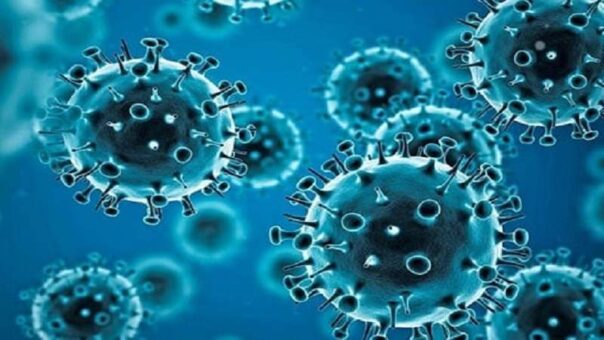China is grappling with a widespread outbreak of human metapneumovirus (HMPV), a respiratory virus causing flu-like symptoms and spreading rapidly across the country. This outbreak has triggered concerns reminiscent of the early days of the COVID-19 pandemic.
Reports circulating on social media suggest that hospitals and crematories are under immense pressure due to the outbreak. Speculation also points to the simultaneous circulation of multiple pathogens, including influenza A, Mycoplasma pneumoniae, and COVID-19. Despite the escalating situation, no official state of emergency has been declared.
The National Disease Control and Prevention Administration has introduced a monitoring system to track pneumonia cases of unknown origin. Officials anticipate a rise in respiratory illnesses during the winter season. This initiative aims to bolster preparedness and improve protocols for handling emerging pathogens, building on lessons learned during the COVID-19 pandemic.
What Are the Symptoms of HMPV?
HMPV symptoms closely resemble those of the flu and other respiratory infections. Key symptoms include:
• Cough
• Fever
• Nasal congestion
• Shortness of breath
In severe cases, HMPV can lead to complications such as bronchitis or pneumonia. The virus typically incubates for 3–6 days, with symptoms varying in duration depending on the severity of the infection.
How Does HMPV Spread?
HMPV spreads via:
• Respiratory secretions from coughing or sneezing
• Close personal contact, such as handshakes
• Touching contaminated surfaces and subsequently touching the face
Who Is Most at Risk?
The Centers for Disease Control and Prevention (CDC) identifies the following groups as high-risk:
• Young children
• Older adults
• People with weakened immune systems
Preventive Measures for HMPV
To reduce the risk of infection:
• Wash hands regularly with soap for at least 20 seconds.
• Avoid touching your face with unwashed hands.
• Maintain distance from people exhibiting symptoms.
• Clean frequently touched surfaces.
Is There a Treatment or Vaccine?
Currently, no specific antiviral treatment or vaccine exists for HMPV. Medical care focuses on relieving symptoms and preventing complications.
Comparison to COVID-19
While both HMPV and COVID-19 cause respiratory issues and spread through droplets, HMPV infections typically peak during winter and spring, unlike COVID-19, which has year-round transmission. A weakened immunity due to prolonged COVID-19 precautions is likely contributing to the rise in HMPV cases globally.
For now, individuals are urged to remain vigilant and follow preventive measures to mitigate the spread of this virus.
